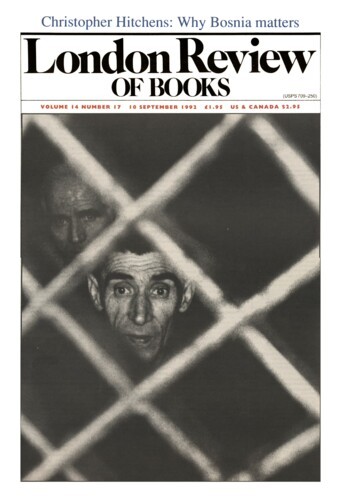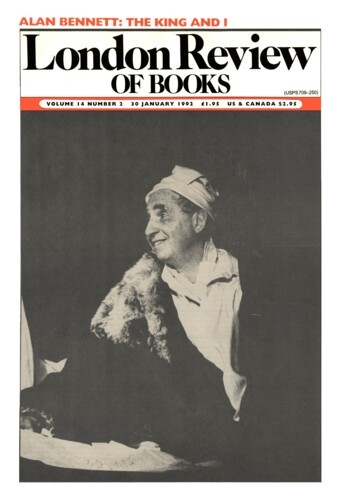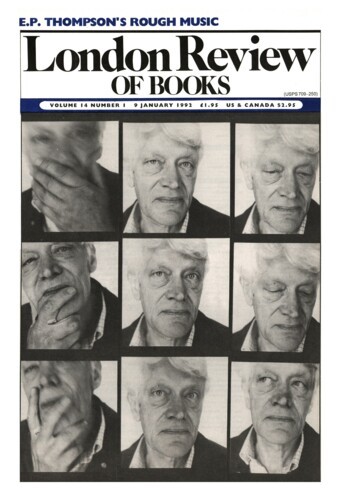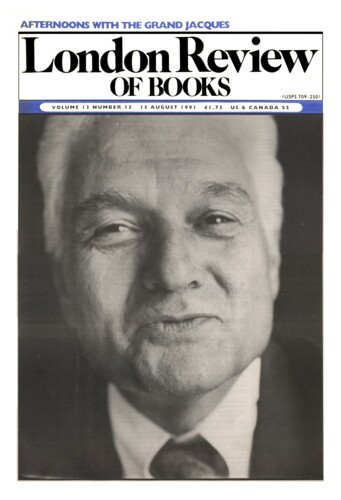Three Poems
Michael Hofmann, 10 September 1992
Delicates at the piss conference.
The RecoveryIt isn’t that the pieces are in place – The places is in pieces.
d.g.pres. Salinas de Gortari or One Man’s MexicoThe forty-first country to introduce Hair-extension treatment.





